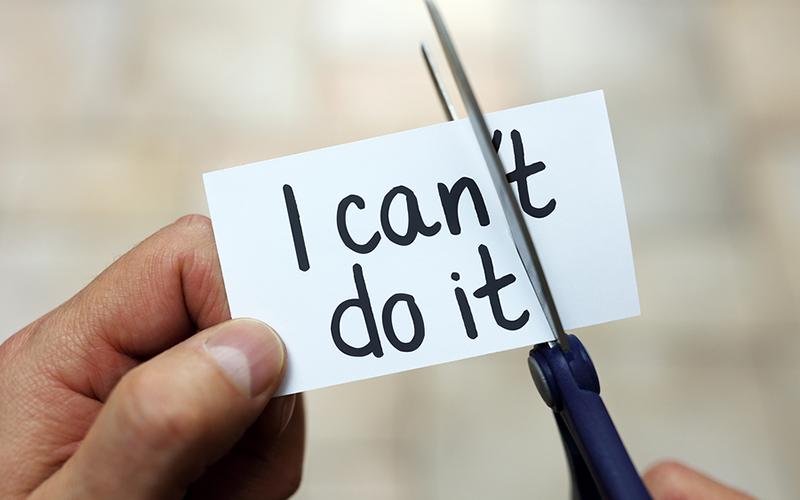Understanding Self-Efficacy and Its Impact on Life
Self-efficacy refers to the belief in your ability to achieve goals, solve problems, and overcome challenges. It is a crucial psychological factor that influences motivation, behavior, and emotional resilience. High self-efficacy can lead to greater success in personal and professional life, while low self-efficacy may result in procrastination, fear of failure, and self-doubt. This concept was introduced by psychologist Albert Bandura, who emphasized that our perceptions of capability significantly shape how we approach challenges.
The Role of Self-Efficacy in Achieving Success
Individuals with high self-efficacy tend to approach tasks with confidence, persistence, and resilience. They are more likely to set ambitious goals, develop strategies to overcome obstacles, and maintain a positive attitude when faced with setbacks. Research shows that self-efficacy is closely linked to academic achievement, career success, and overall well-being. It empowers people to take control of their lives, manage stress, and adapt to new situations.
Those with lower self-efficacy, on the other hand, may avoid challenging tasks, give up quickly when confronted with difficulties, or feel overwhelmed by the demands of daily life. Developing a strong sense of self-efficacy can help individuals become more proactive, improve decision-making, and foster a growth mindset, where failures are seen as opportunities to learn and grow.
Building Self-Efficacy: Strategies and Practices
Self-efficacy can be cultivated through consistent effort and practice. Here are a few strategies to help you build self-efficacy:
- Set Realistic Goals: Start by setting small, achievable goals that build your confidence. Gradually increase the difficulty as you accomplish each goal.
- Focus on Past Successes: Reflect on previous successes and how you were able to overcome challenges. Recognizing past accomplishments reinforces your belief in your capabilities.
- Learn from Failure: View setbacks as learning experiences. Instead of seeing failure as a reflection of your worth, analyze what went wrong and use that knowledge to improve.
- Seek Support: Surround yourself with supportive individuals who encourage your efforts and celebrate your successes. Positive feedback from others can boost self-efficacy.
- Practice Self-Reflection: Regularly assess your progress, strengths, and areas for improvement. Self-awareness is key to developing a stronger belief in your abilities.
The Benefits of High Self-Efficacy
High self-efficacy provides numerous benefits, including:
- Improved Problem-Solving: People with high self-efficacy are more likely to think creatively and find multiple solutions to challenges.
- Increased Resilience: Believing in your abilities helps you stay calm under pressure and recover quickly from setbacks.
- Greater Motivation: When you believe you can succeed, you're more likely to stay motivated and work hard toward your goals.
- Better Stress Management: High self-efficacy reduces feelings of helplessness, making it easier to manage stress and maintain emotional well-being.
If you want to gauge your current level of self-efficacy and explore ways to strengthen it, taking a self-efficacy test can provide valuable insights into your personal confidence and problem-solving abilities.



